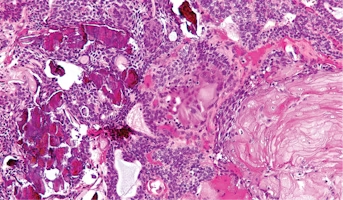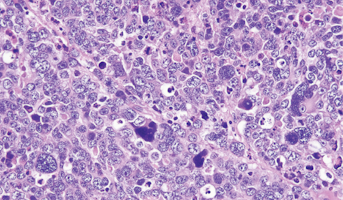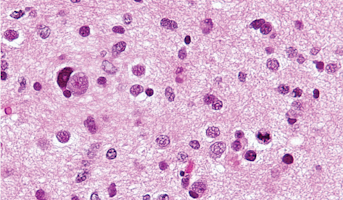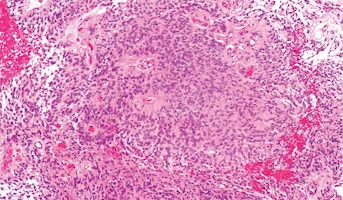Stefan M. Pfister
D-69120 Heidelberg Germany
Hopp Children's Cancer Center

About
Director, Preclinical Pediatric Oncology
Hopp Children's Cancer Center Heidelberg
Professor Dr. Stefan Pfister was appointed head of the Division Pediatric Neurooncology at the German Cancer Research Center. Professor Dr. Pfister´s research focuses on the genetic and epigenetic characterization of childhood brain tumors by applying nextgeneration profiling methods and subsequently translating novel findings into a clinical context.
Expertise
Neuro-oncology

Hopp Children's Cancer Center
scientific
Projects

Data
Ongoing
Immunogenomic Landscape of Pediatric Cancers
The study of a tumor’s immune repertoire includes an analysis of T cell receptors and B cell receptors that allow an immune system to adapt to changes and launch an immune system response. Using the Pediatric Brain Tumor Atlas, researchers will study the immune repertoire across tumor types which could lead to new immunotherapies.
All Brain Tumor Types

Trevor Pugh

Data
Ongoing
Detection of Cooperative and Mutually Exclusive Genetic Alterations in Pediatric Cancer
Genetic alterations play a role in the growth and persistence of pediatric brain tumors. Using the Pediatric Brain Tumor Atlas, researchers will explore genetic alterations across cancer types in a pursuit of new therapies.
All Brain Tumor Types

Patrick Kemmeren

Data
Ongoing
Brain Match
Understanding tumor genesis, or the origin of a tumor, involves building a neurodevelopmental map, cell by cell. Researchers will use data from the Pediatric Brain Tumor Atlas to build a map to better understand and determine the cell of origin for a range of CNS tumors, paving the way for targeted therapies.
All Brain Tumor Types

Stefan M. Pfister
research
Interests

Craniopharyngioma
Childhood craniopharyngiomas are rare tumors usually found near the pituitary gland (a pea-sized organ at the bottom of the brain that controls other glands) and the hypothalamus (a small cone-shaped organ connected to the pituitary gland by nerves).Craniopharyngiomas are usually part solid mass and

Medulloblastoma
Medulloblastomas comprises the vast majority of pediatric embryonal tumors and by definition arise in the posterior fossa, where they constitute approximately 40% of all posterior fossa tumors. Other forms of embryonal tumors each make up 2% or less of all childhood brain tumors.The clinical feature

High-Grade Glioma
High-grade Gliomas (HGG) or astrocytomas in children nearly always result in a dismal prognosis. Although novel therapeutic approaches are currently in development, preclinical testing has been limited, due to a lack of pediatric-specific HGG preclinical models. These models are needed to help test

Ependymoma
Ependymomas arise from ependymal cells that line the ventricles and passageways in the brain and the center of the spinal cord. Ependymal cells produce cerebrospinal fluid (CSF). These tumors are classified as supratentorial or infratentorial. In children, most ependymomas are infratentorial tumors